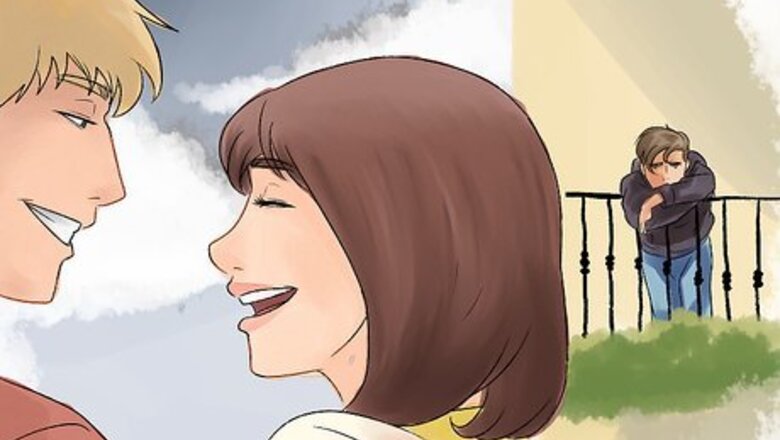
views

Assess your personalities. Are they compatible? You've likely seen your best friend in a relationship with someone else before. Is she flirty with other men even when they're not single or does she become all-consumed in a relationship with someone? Examine her (and your own) common traits when dating someone and see if you can handle this step-up in relation with her.

Look at your habits. Does she do things which completely irritate you (and vice versa)? If so, the chances of lasting in a long-term relationship will be affected. Annoying habits are easy to brush over for a few months before they become all you notice.

Understand your abilities to compromise. There's way more give-and-take in a relationship than there is in a friendship. Can you truly accommodate each other's wants and needs? Can you do so maturely?

Assess your abilities to trust. If you're already best friends, you already knew each other's secrets and some very personal information about one another. Can you trust your friend not to fall in love with someone else again or use that information against you if you break up?

Understand the attraction. If the attraction is mostly physical, a fling may not be worth damaging such a close friendship over. If you don't want to risk the mental component of your relationship, look at finding a casual sex partner elsewhere.

Observe if she has the same feelings for you. Remember, she might look at you as a brother-figure and then be shocked when you tell her how you feel about her. This could ruin everything, but it could also make the relationship better. Weigh the risks against the possibilities. Be careful about coming out too suddenly or openly. No matter what you have to say, there's always a gentle way to say it.

Take your time. Don't tell her right away. Drop subtle comments like, "You know, we've been friends for a long time," or "What would I do without you?" These are essentially harmless displays of affection toward her. However, don't drop them too often because you will risk being too obvious.

Spend some time together. Enjoy the same activities you always have as best friends. Show her that you're fun to be around.
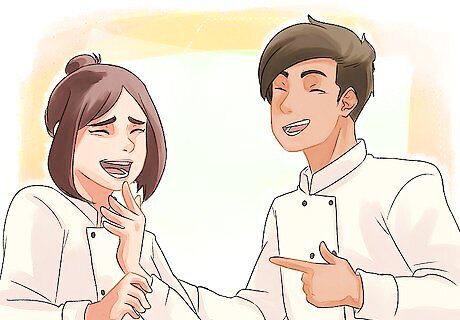
Use humor. If you both have a sense of humor, tell each other jokes you like. It serves to entertain you both (and if you're lucky, you may get emotionally little closer before you even properly realize). If you have an inside joke, use it when it fits the situation.
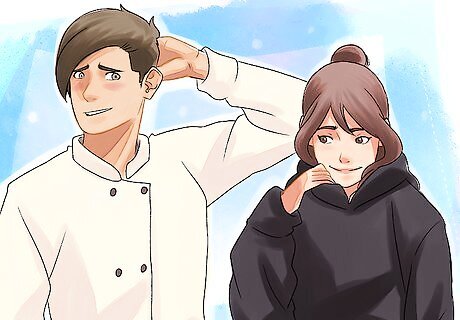
Be there for her. It's important to understand what she needs. If she wants a shoulder to cry on, offer one. If she's cold, lend your jacket. Over time, she's bound to notice how great you are. You need to make sure she sees what a great boyfriend you would make and starts thinking about the idea herself. Remember to be there for her because you care about her, not because you expect anything in return.

Be patient. If you're lucky and compatible, things will work out. Most relationships are made long in advance and are just waiting to happen.

Tell her how you feel. This is often easier for a guy than a girl because most girls are pretty considerate of feelings. Give her a chance to understand you and when you think the time is right, tell her what you think. Of course, you may risk ruining and/or losing your friendship, or at least changing it even if you don´t want to. But if it turns out lucky, then she will be even more considerate of you and your feelings. Don't break the news in an awkward, uncomfortable place where they won't have any escape route, like a party.
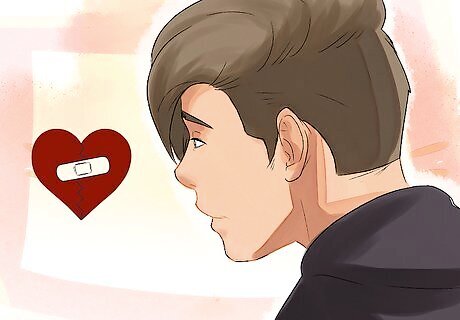
Be prepared for rejection. If she doesn't end up liking you back, stay cool. Be casual and try not to let the friendship get awkward. Try to get things back to the way they were before. Your friend might also not have an immediate answer. Give them to think things over with a clear head. Reader Poll: We asked 254 wikiHow readers, and 51% of them agreed that the best way to cope with changes in your friendship is to focus on your own interests and hobbies. [Take Poll] This can help you handle and move on from the rejection.















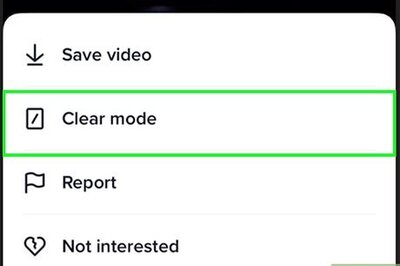




Comments
0 comment